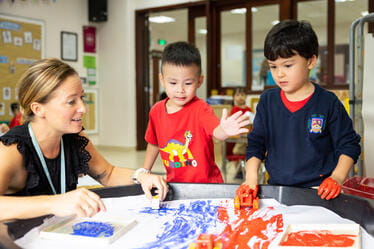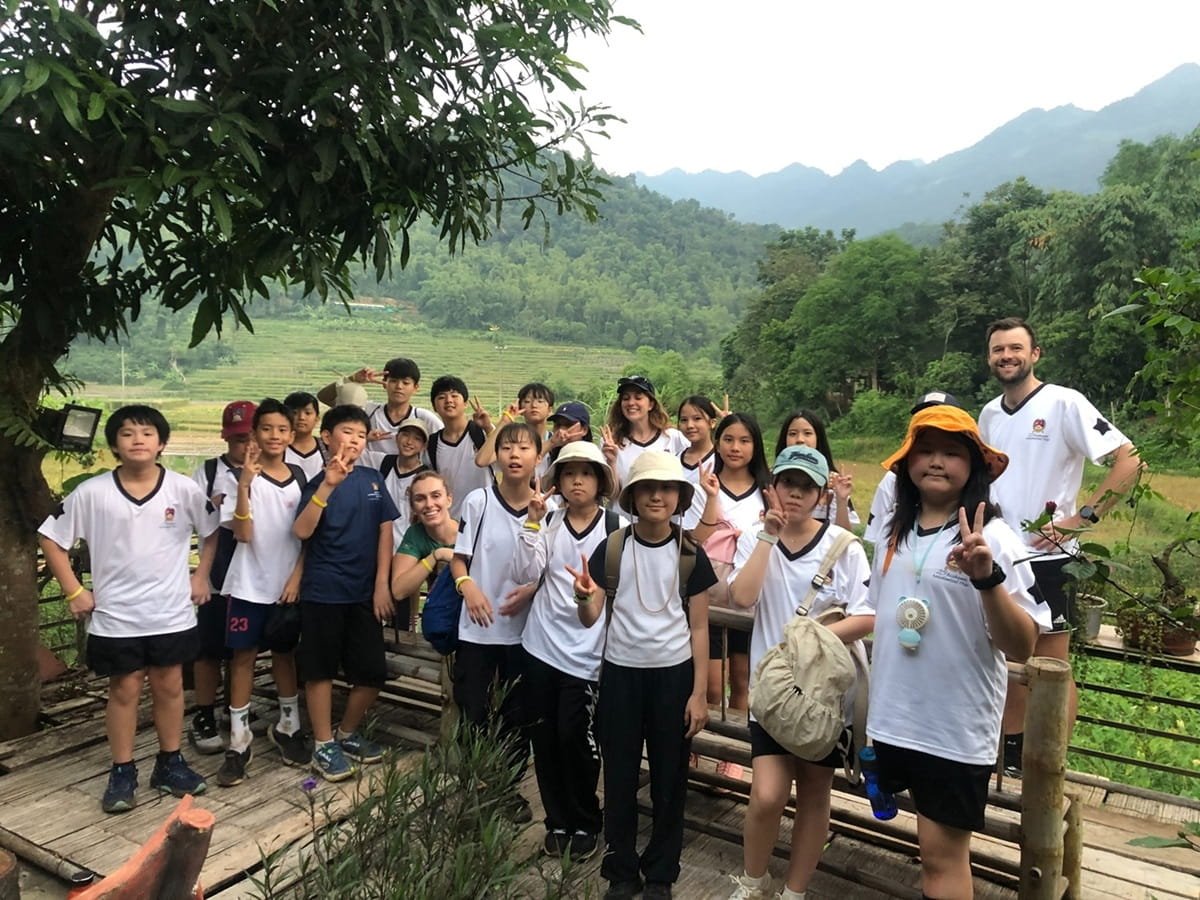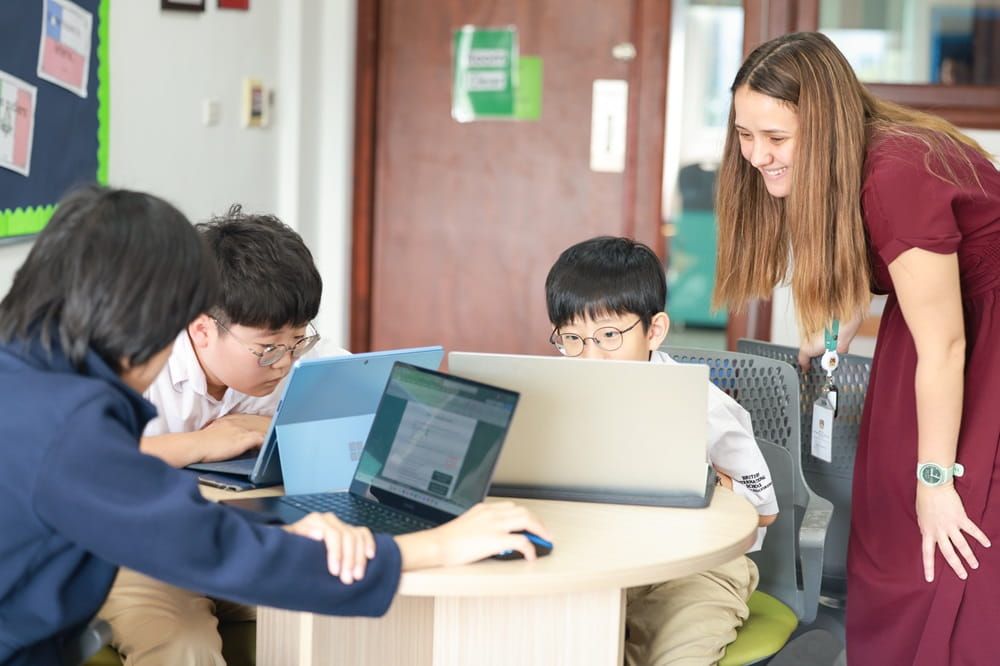Computer Science subject equips BIS students with 21st century skills In an ever changing, digital world, it’s more important than ever to keep up to date with emerging technology. With this in mind, the Computer Science department is constantly reviewing and updating their curriculum from KS3 through to IB to ensure that our students are equipped with the necessary skills for life beyond school.
In an ever changing, digital world, it’s more important than ever to keep up to date with emerging technology. With this in mind, the Computer Science department is constantly reviewing and updating their curriculum from KS3 through to IB to ensure that our students are equipped with the necessary skills for life beyond school.
Key Stage 3 students got hands-on creating music through code in Sonic Pi, programming their robots to navigate a series of mazes, and experimenting with physical programming on BBC Micro:bits.
As part of the International Baccalaureate (IB) course, Higher Level Computer Science students have to complete research on a contemporary development; this changes each year to reflect the pace of change in the industry. This year, their case study is on a piece of technology called Blockchain, which underpins crypto currencies such as Bitcoin. Instead of learning about the topic from books, we brought the topic to life by inviting local industry experts to visit the school and discuss the uses of Blockchain with students. This experience gave the students a unique opportunity to gain a better understanding of how theory can be put into practice, in real world applications which benefit millions of users every day.
We have lots more exciting opportunities coming up in Term 2, perfect for sparking students’ curiosity and passion for Computer Science. Students in Key Stage 3 have the opportunity to participate in a Global Campus code breaking activity which launched this week. Through our unique collaboration with MIT, students have the opportunity to put their questions to Danielle Olson-Getzen, a Ph.D. Candidate at the MIT Computer Science and Artificial Intelligence Laboratory. During a live session on January 20th, Danielle will discuss her work in virtual and artificial reality before answering students’ questions about her background and research. Finally, in February, all girls in Key Stage 4 and Key Stage 5 are invited to take part in Girls In Code SEA 2-day competition, competing against other international schools across the continent.
Paul Casey
Computer Science Leader






